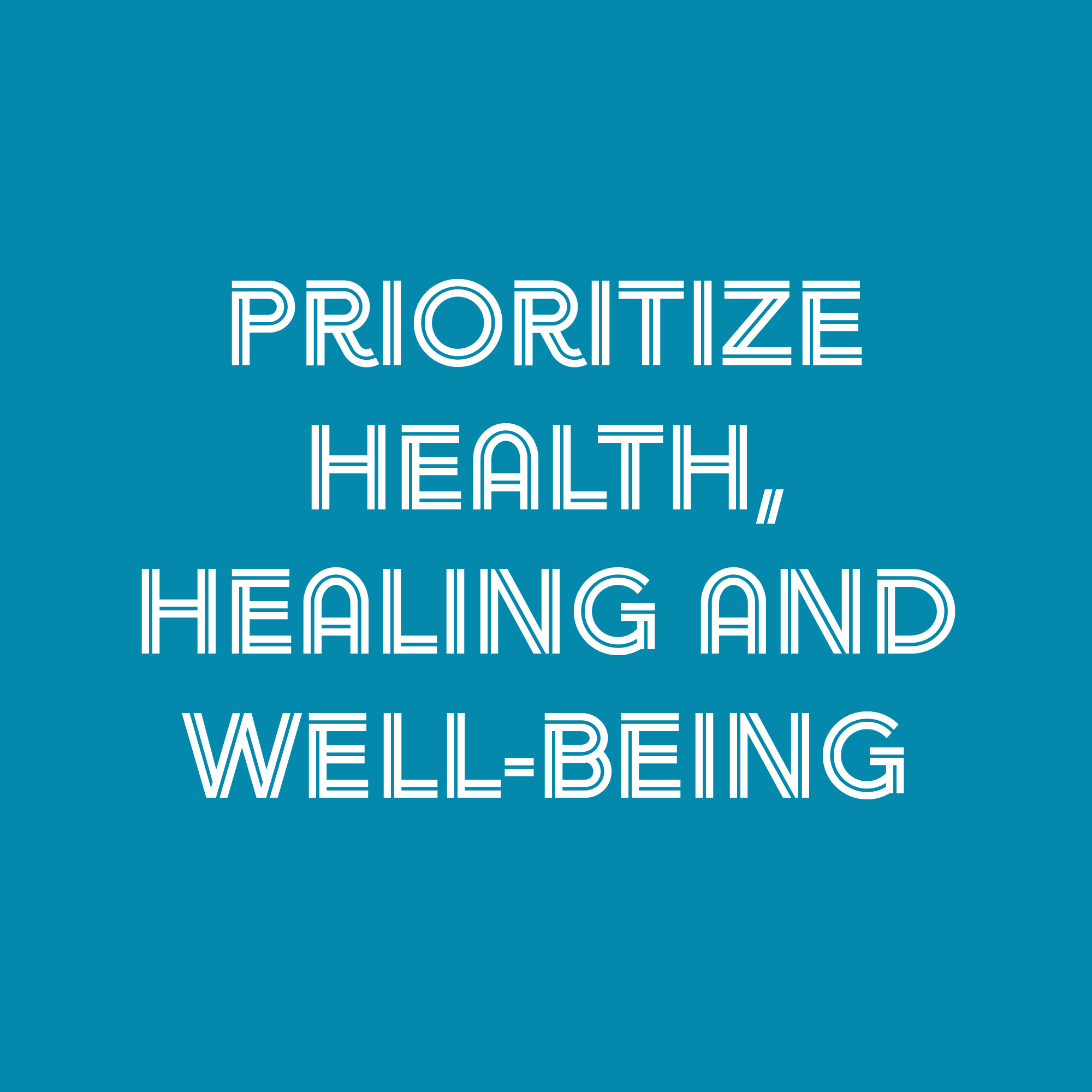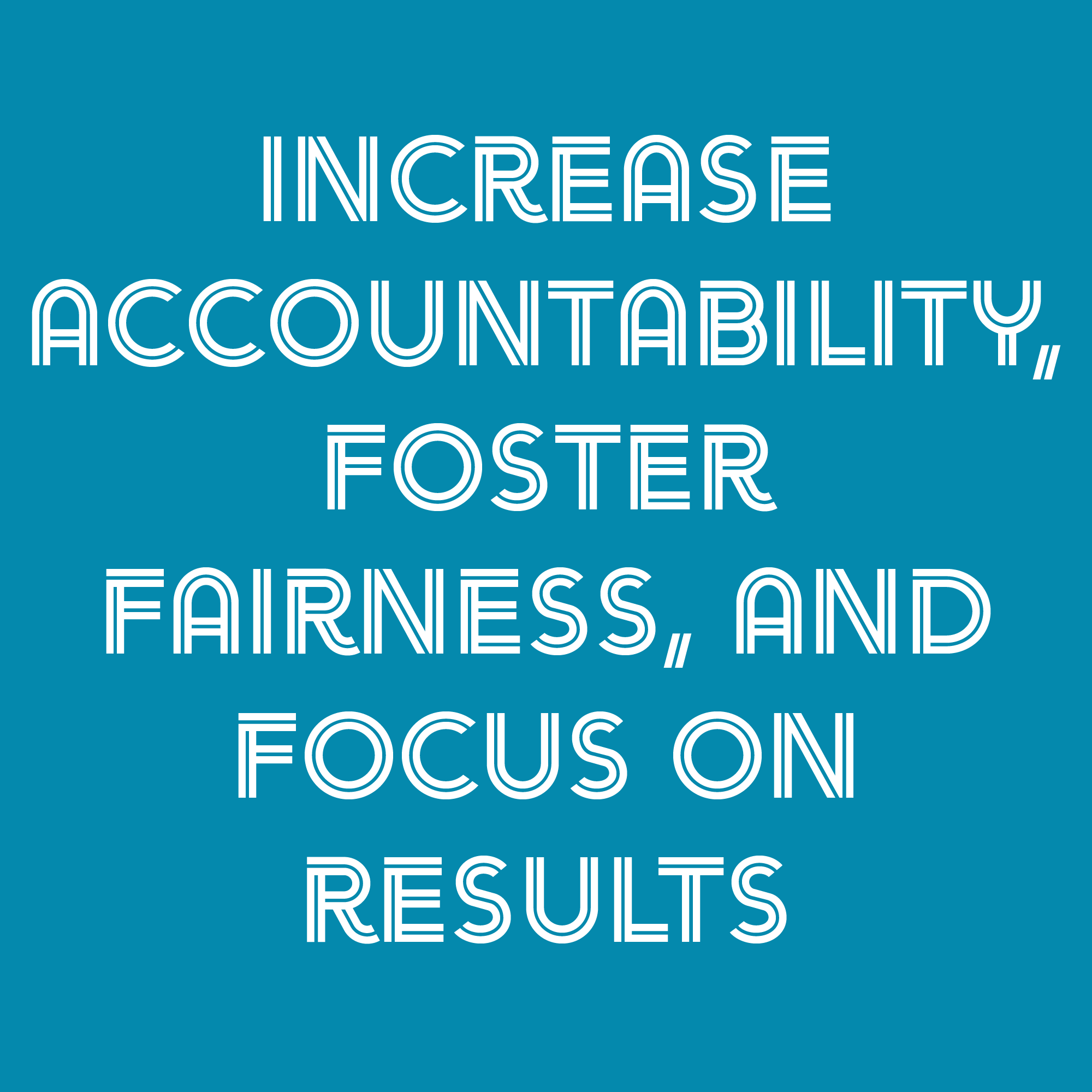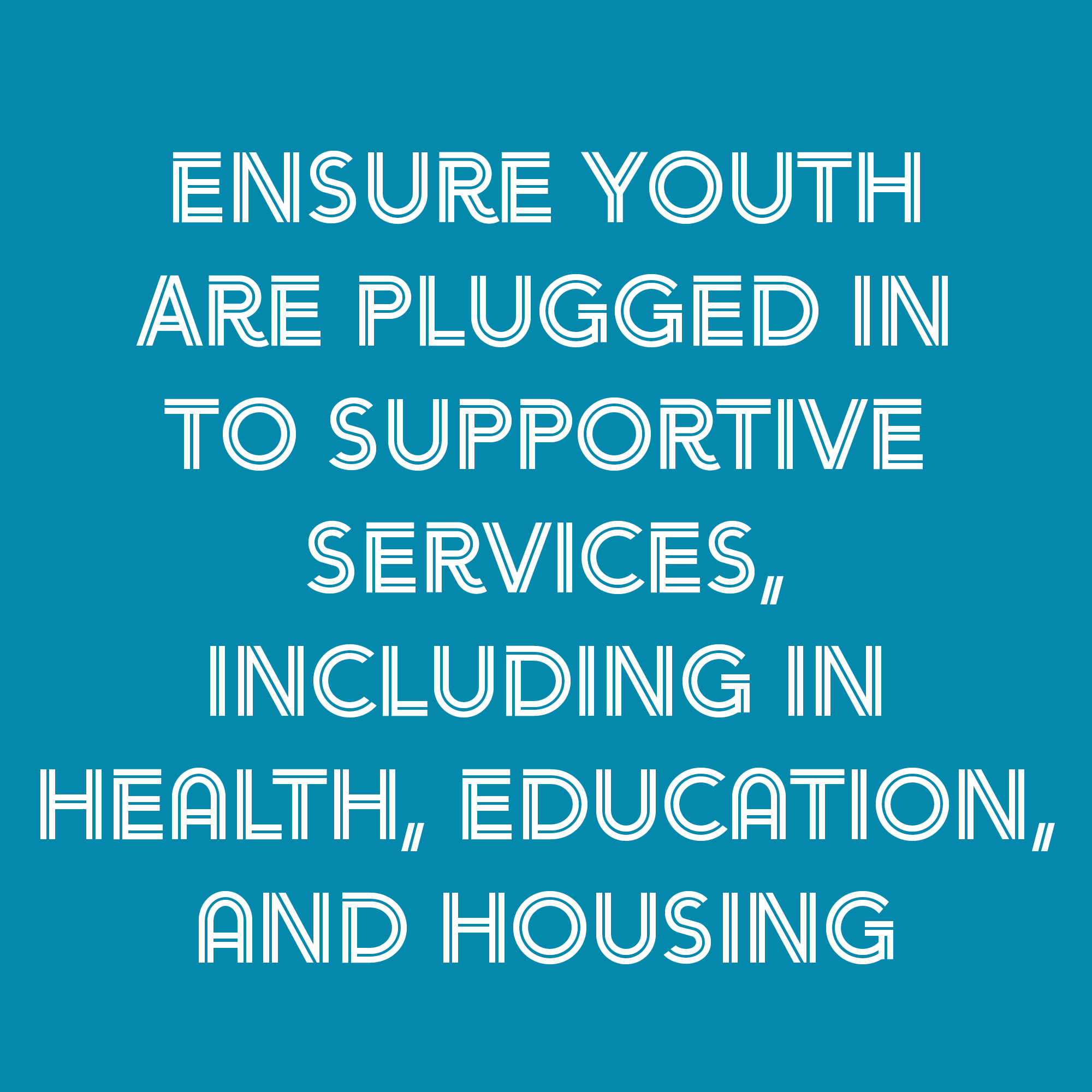Providing Legal Representation and Advocacy for Transition-Age Youth in Pennsylvania
The Journey to Success Campaign advocates for federal policy change to achieve better outcomes for youth who have experienced foster care. Many of our recommendations include policies and practices that are already being implemented in states and communities across the country, but could benefit from being available to all youth who spend time in foster care. Our Spotlight on Success series highlights programs and policies that exemplify the recommendations in the Journey to Success policy framework.
Youth aging out of foster care face stiff challenges when transitioning to independent living. Youth of color are disproportionately represented in the child welfare system and can experience “foster care bias,” a term researchers use to describe youth in foster care being more likely to be sent to juvenile detention after being arrested and less likely to be kept at home while awaiting trial than other youth charged with similar offenses. For youth who age out of care, a minor criminal record can complicate employment and housing applications. With no safety net, one in four former foster youth experiences homelessness.
To help address these challenges and remove roadblocks to stable life after foster care, KidsVoice in Allegheny County, Pennsylvania, provides legal representation and broader advocacy services to current and former foster youth through age 24, up to 7 years after aging out of foster care. A specialized team of attorneys and social services experts advocate for youth in areas such as housing, education, employment, and health. Youth often initially request help for a single issue. The KidsVoice team then works with each youth to identify other areas where they may benefit from legal representation or advocacy, such as helping with credit repair or disability benefits.
Criminal records and unpayable fines can result from a magistrate hearing for a citation—a low-level offense that does not qualify for representation from a public defender. The KidsVoice Clean Slate Program makes sure that older youth receive legal representative in those cases to ensure that current and former foster youth receive a fair outcome compared to youth with permanent homes who appear at magistrate hearings with parental support. Since 2015, youth represented by KidsVoice in these hearings have a 79% success rate, compared to 38% of other dependent youth, and 46% of youth who were never dependent. KidsVoice advocacy outside of the courtroom further helps those youth find stability, and they have lower re-arrest rates than other former foster youth. These positive results led to replication in other offices and counties. KidsVoice also helps clients expunge juvenile records to remove criminal-record barriers to accessing jobs, housing, or other needs later in life.
KidsVoice Logic Model, reprinted with permission from https://kidsvoice.org/kidsvoice-logic-model
The Clean Slate program is an important complement to the organization’s larger service continuum designed to help young people access child care, housing, social security disability, and other public benefits. In 2019, KidsVoice launched a Two-Generation Advocacy project to provide specialized services to former foster youth who have children of their own. These efforts helped keep more than 100 young families together and stable, with none of the participating children entering the dependency court system.
During the pandemic, access to health and behavioral health resources shrunk even as the needs have grown. KidsVoice’s expanded representation helps young people make uninterrupted transitions from the youth to the adult mental health system, so that treatment and medications are not disrupted. They support young people in advocating for other health needs, such as insurance appeals. Special partnerships with UPMC Children’s Hospital of Pittsburgh and Western Psychiatric Hospital also allow their clients to access additional or prioritized health care.
KidsVoice initially obtained foundation and private donor support to launch these innovative programs for older youth. After demonstrating the impact and outcomes, the Allegheny County Department of Human Services (DHS) provided ongoing funding, along with data analysis as well as referring eligible youth and raising awareness of KidsVoice services.






